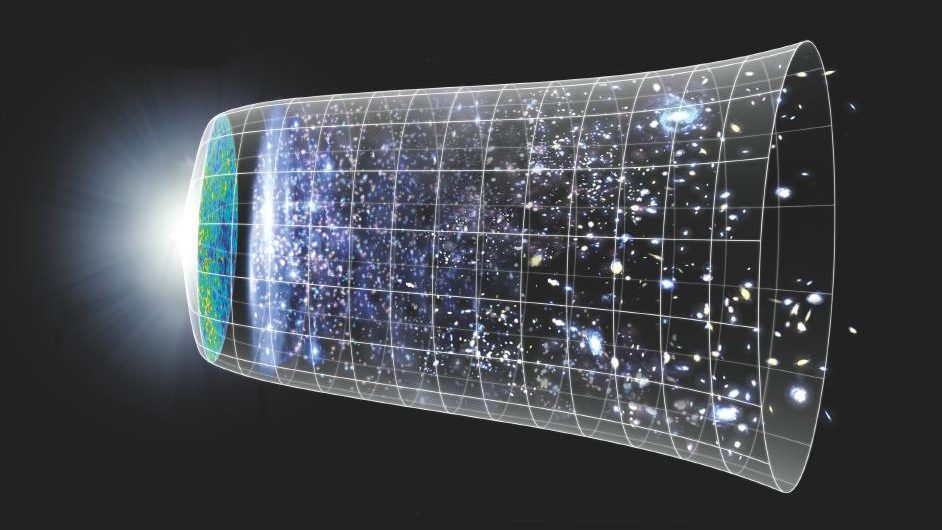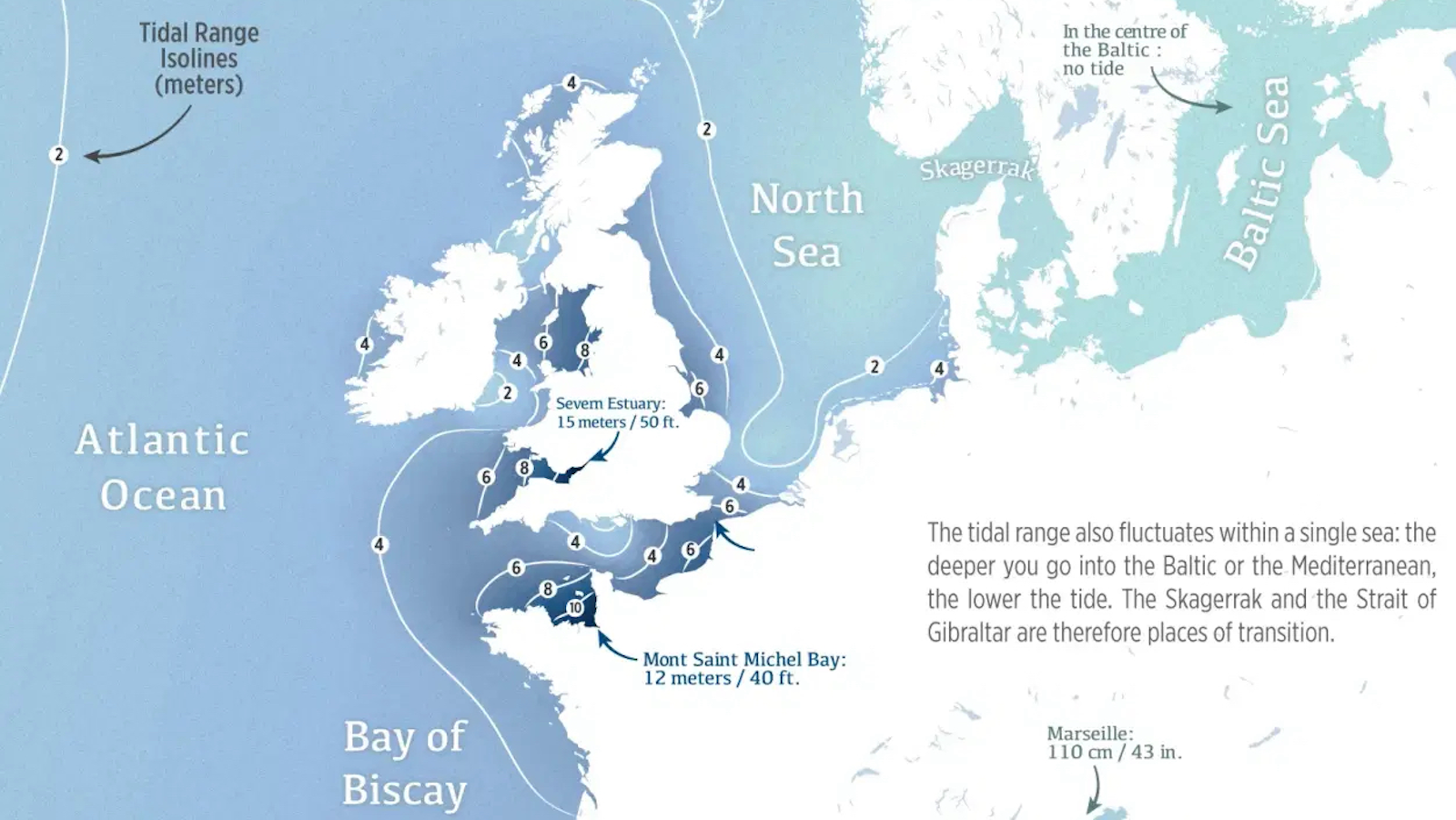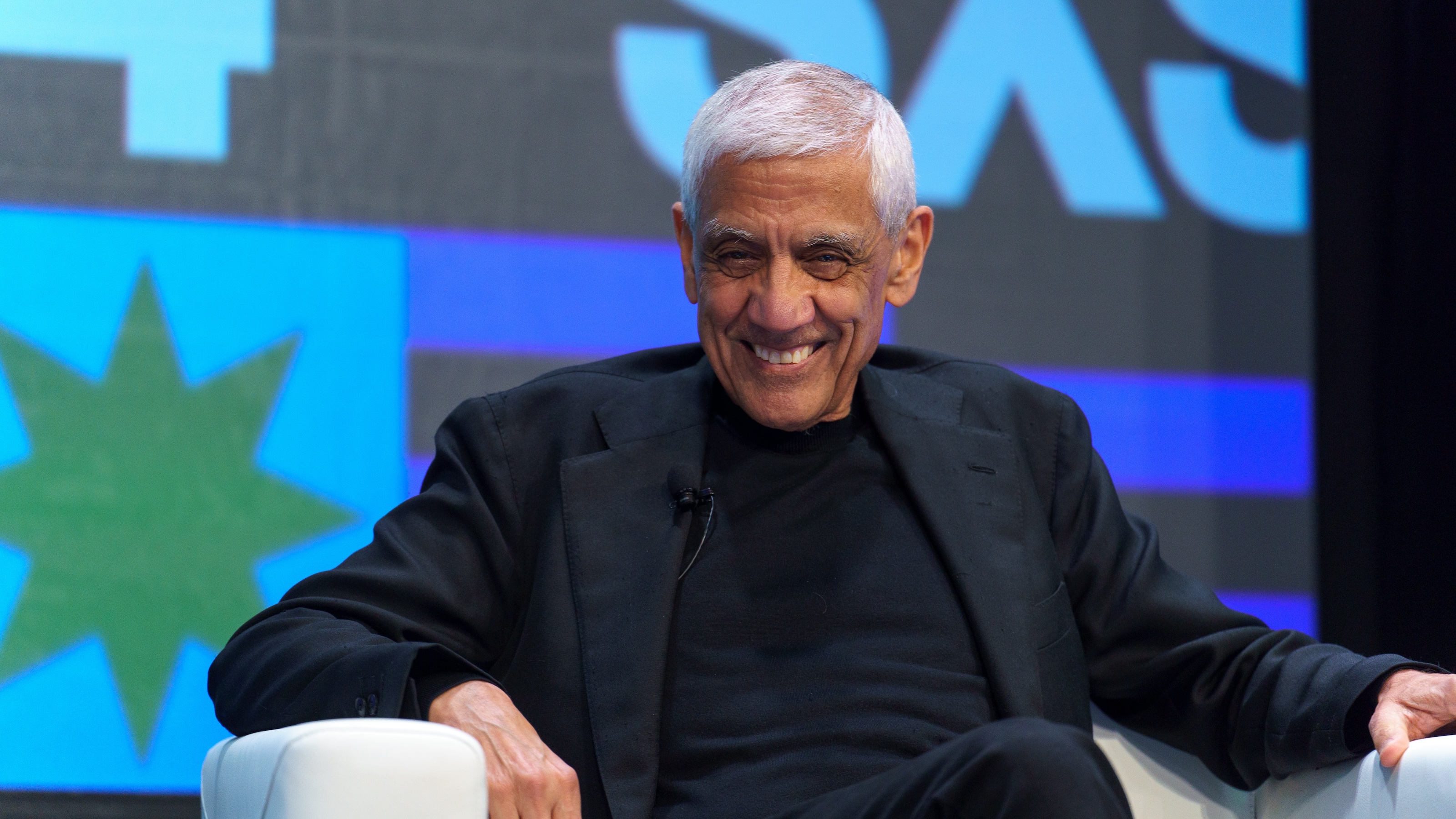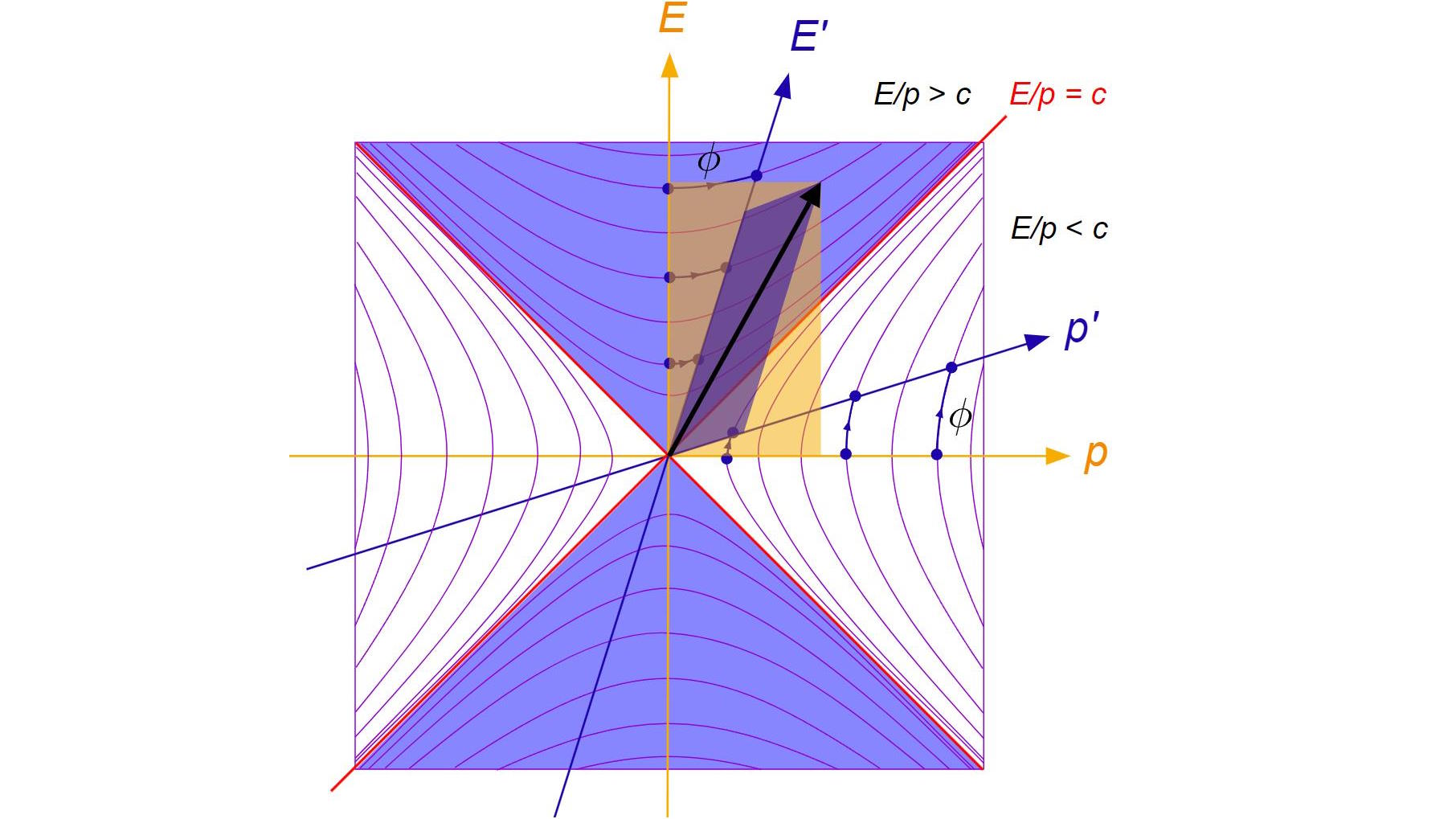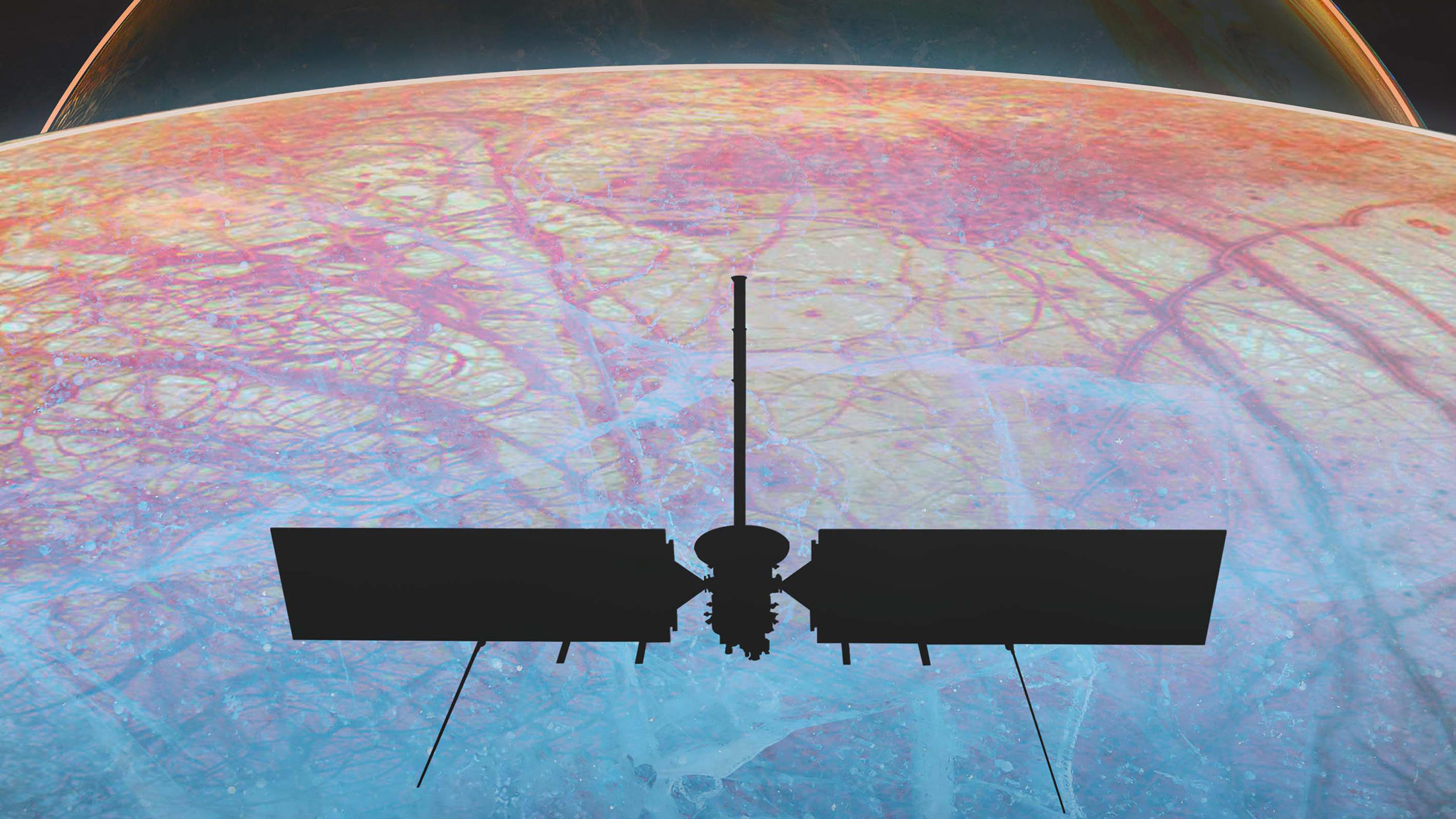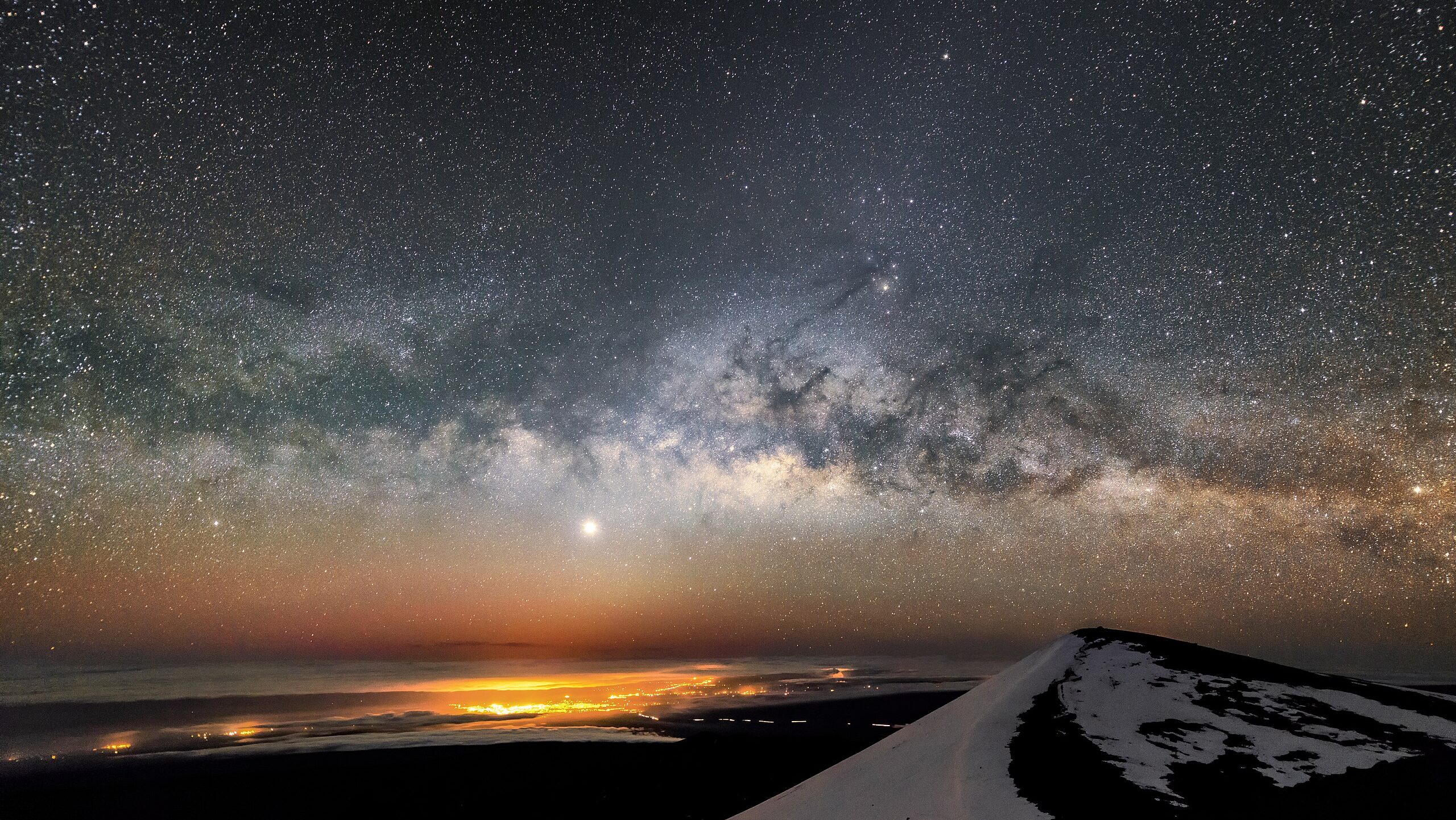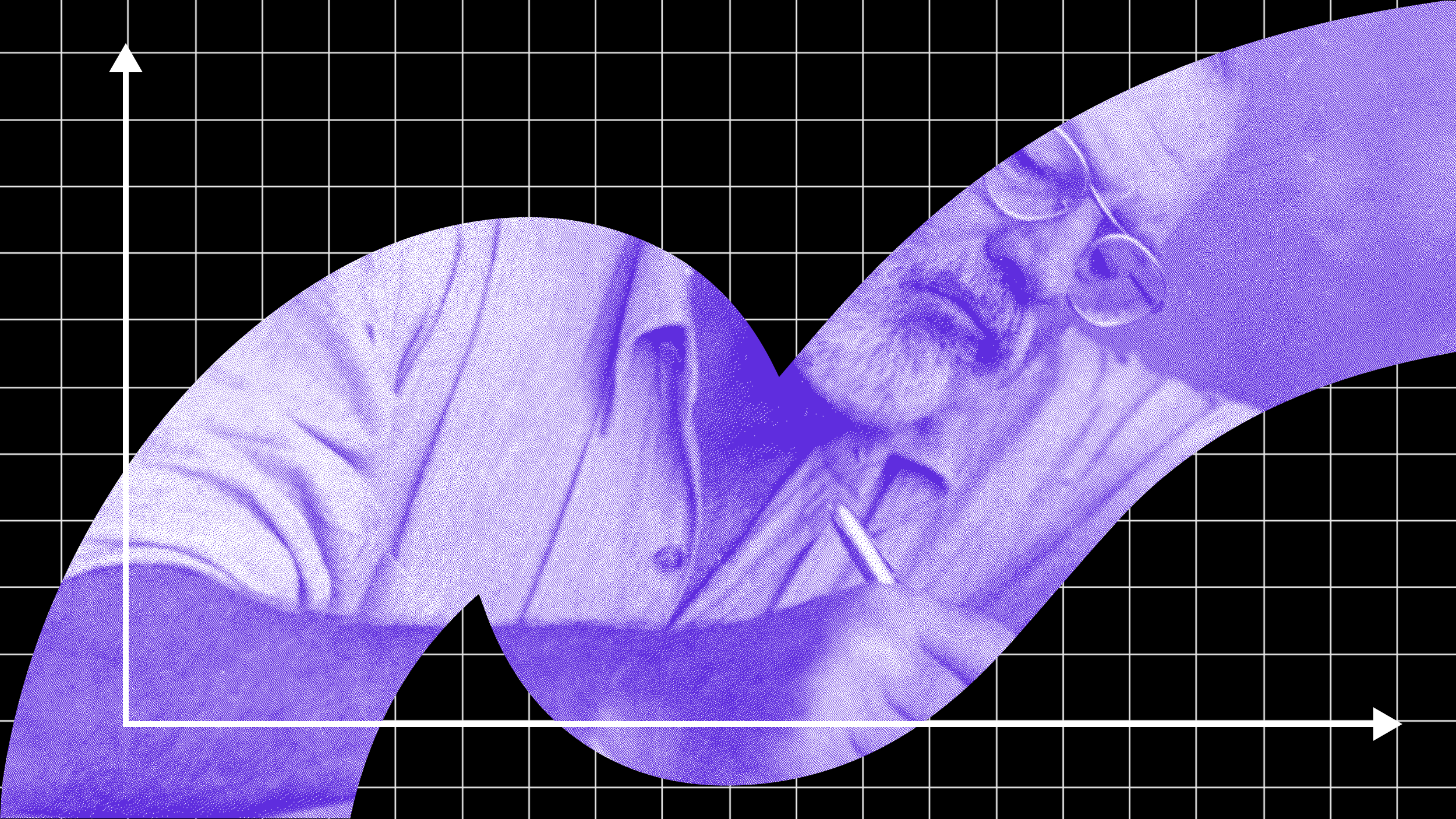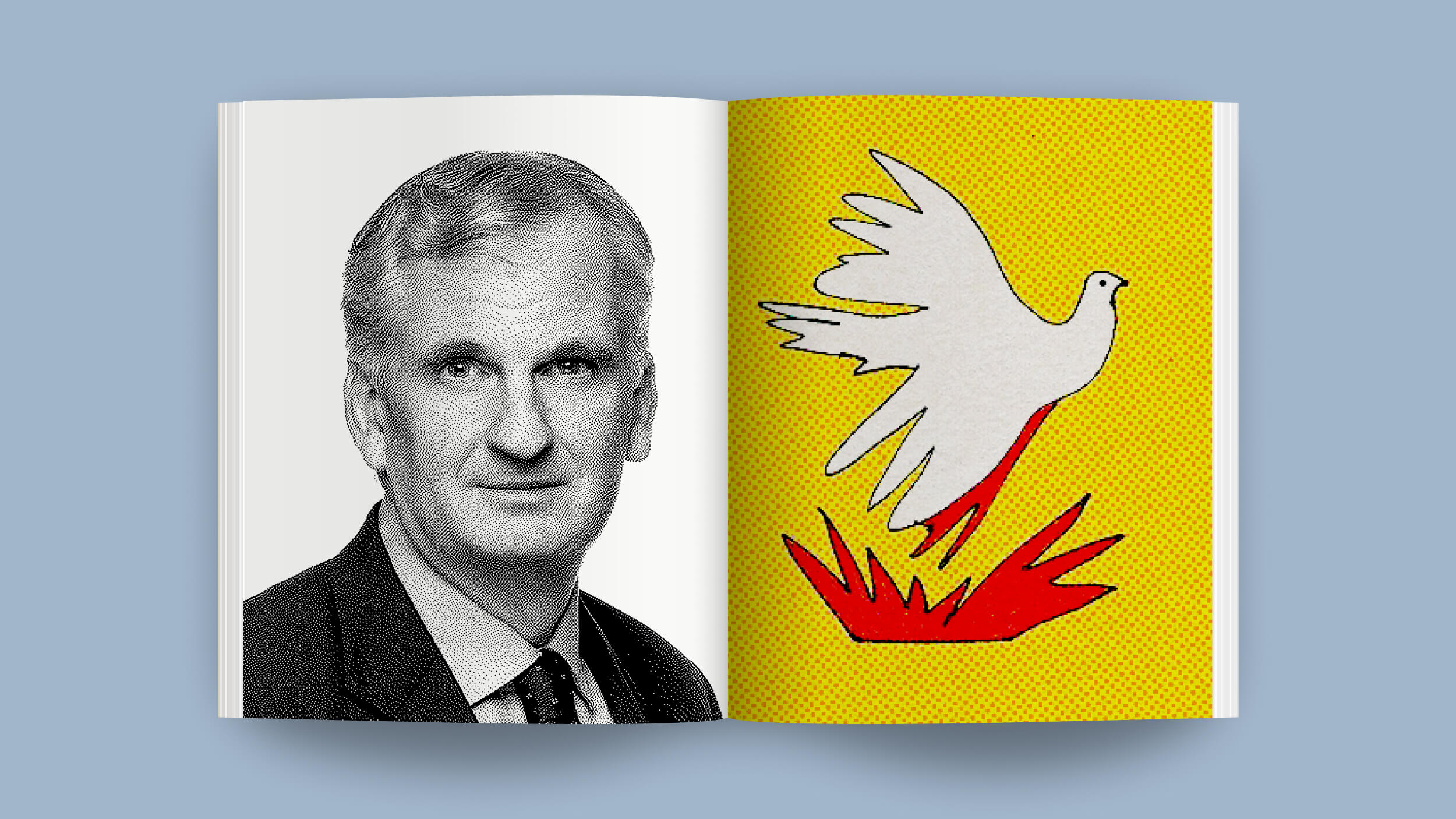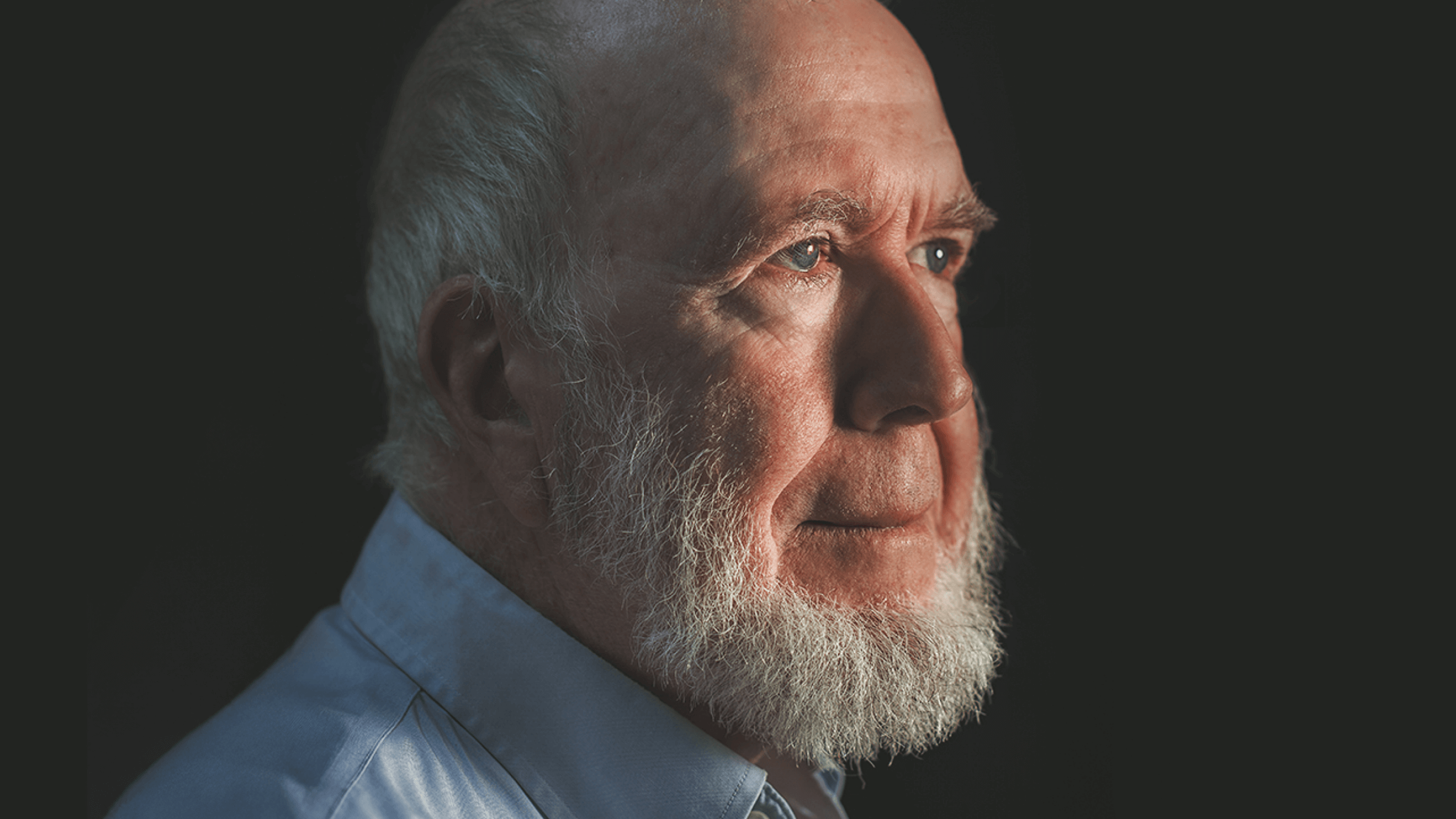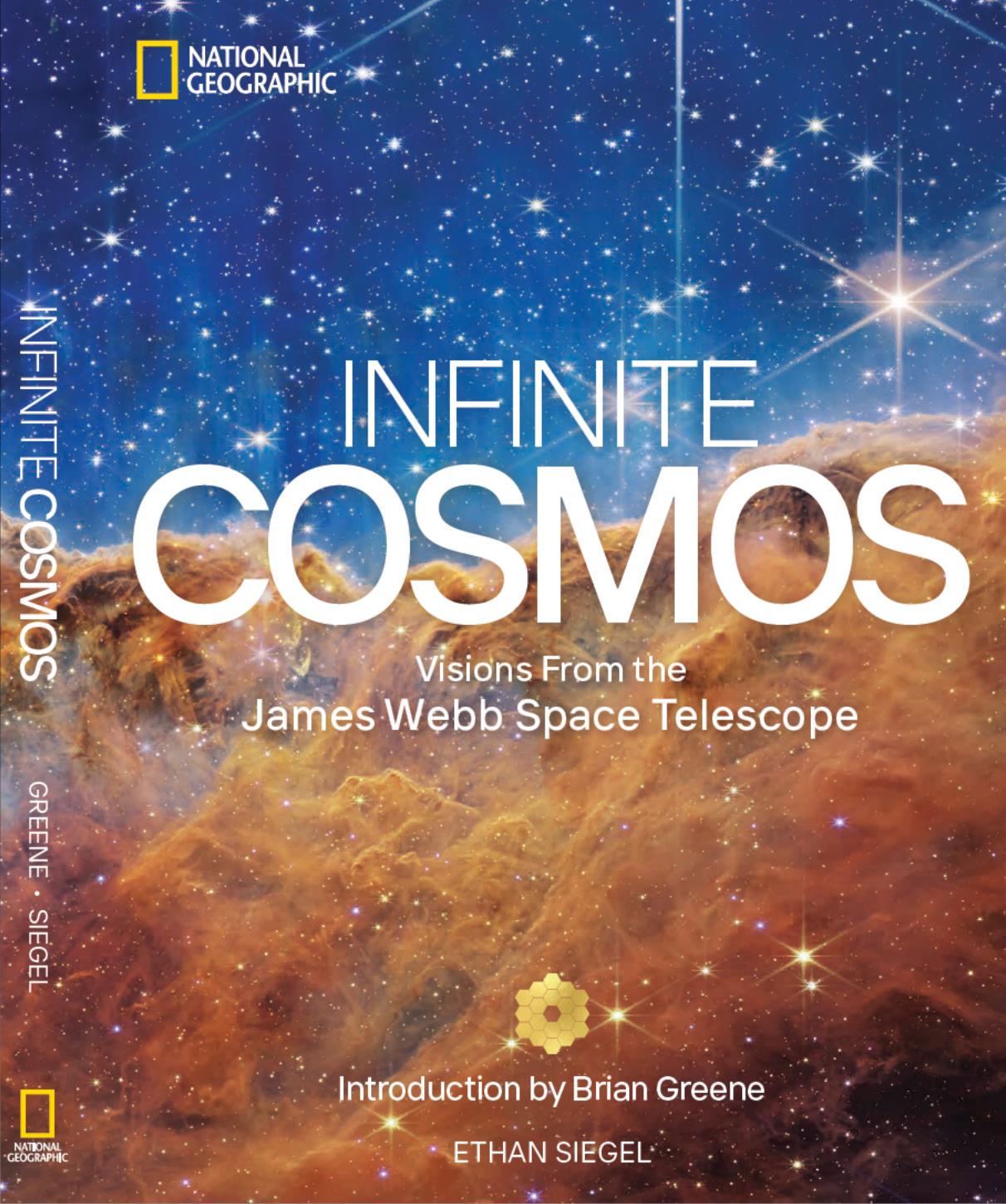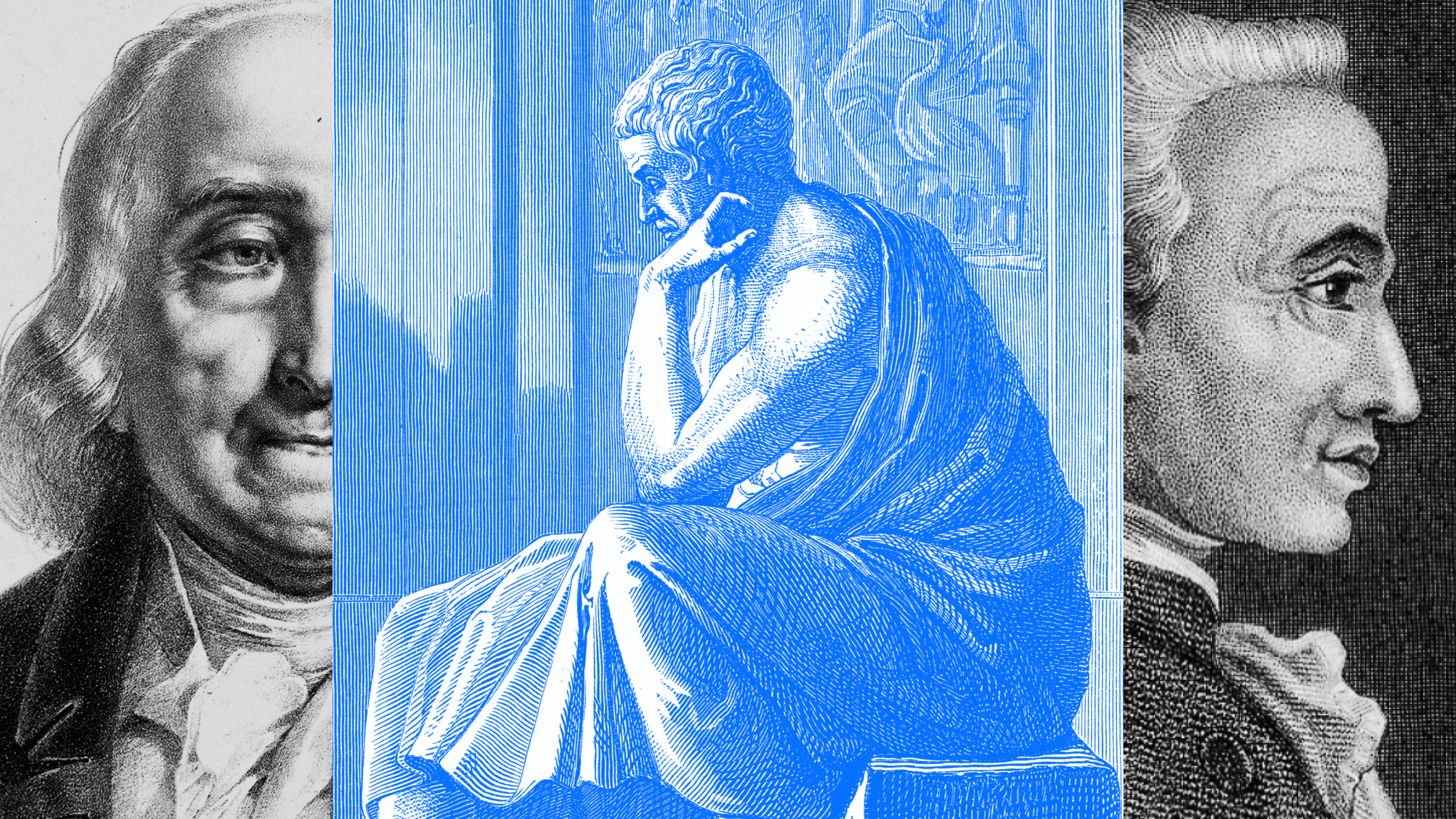The most common visual depictions of the history of the Universe show the Big Bang as a growing tube with an “ignition” point. Why is that?
Great tidal ranges are relatively rare on a global scale — and can be very deadly to the unsuspecting foreshore walker.
Welcome to The Nightcrawler — a weekly newsletter from Eric Markowitz covering tech, innovation, and long-term thinking.
The fabric of spacetime is four-dimensional, with three for space and only one for time. But wow, time sure is different from space!
“Amid the chaos, he remembered his life being eerily calm as he knew it wasn’t if, but when they would be hacked to pieces. He just kept kicking.”
Semyon Dukach — founding partner of VC firm One Way Ventures — adds balance to the founder mode debate.
Could life be widespread throughout the cosmos, in the subsurface oceans of ice-covered worlds? NASA’s Europa Clipper mission investigates.
“The primary way that people make friends is through institutions.”
An in-depth interview with astronomer Kelsey Johnson, whose new book, Into the Unknown, explores what remains unknown about the Universe.
“We are not our grandparents. It’s time to start thinking differently,” journalist Annie Jacobsen told Big Think.
College degree? Not so much. Employers want teams with a diverse skill set who can adapt to changing industry demands.
There are a number of factors to consider when choosing where to build a telescope. These 3 locations, on their merits, surpass all others.
Man seeking meaningful relationship at the intersection of on-demand empathy and Rule 34.
The US needs 28 million EV chargers by 2030. Here’s how it can get there.
People often say, “Let go,” or, “Don’t take things to heart.” But where’s the line with this philosophy?
The Universe changes remarkably over time, with some entities surviving and others simply decaying away. Is this cosmic evolution at work?
Modern autocracies operate “not like a bloc but rather like an agglomeration of companies,” says journalist and historian Anne Applebaum.
Welcome to The Nightcrawler — a weekly newsletter from Eric Markowitz covering tech, innovation, and long-term thinking.
Black holes encode information on their surfaces, but evaporate away into Hawking radiation. Is that information preserved, and if so, how?
To maintain momentum and flow, the great novelist Ernest Hemingway didn’t burn himself out — but learned when to put his work down.
The Sovereign State of the Bektashi Order would be just one quarter the size of Vatican City.
“When we face a problem, our natural tendency is to race ahead – but some friction is actually a good thing.”
▸
7 min
—
with
Artificial intelligence is much more than image generation and smart-sounding chatbots; it’s also a Nobel-worthy endeavor rooted in physics!
Historian Timothy Snyder talks with Big Think about how true liberty requires both negative and positive freedoms.
Anne Chow, former CEO of AT&T Business, lays out a new approach to inclusive leadership that takes “thinking bigger” to the next level.
The co-founder of Wired magazine shares his insights on how a long-term mindset can shape a brighter, more innovative future.
National Geographic’s first James Webb Space Telescope book shows us the cosmos like never before.
The first of these devices is already on the market — the AI-powered Ray-Bans from Meta.
The earliest Milky Way-like galaxy, REBELS-25, was spotted rotating about its axis. It’s only 700 million years old: 5% of our present age.
Three of the greatest moral philosophers — Bentham, Kant and Aristotle — offer invaluable and practical lessons for leaders today.
